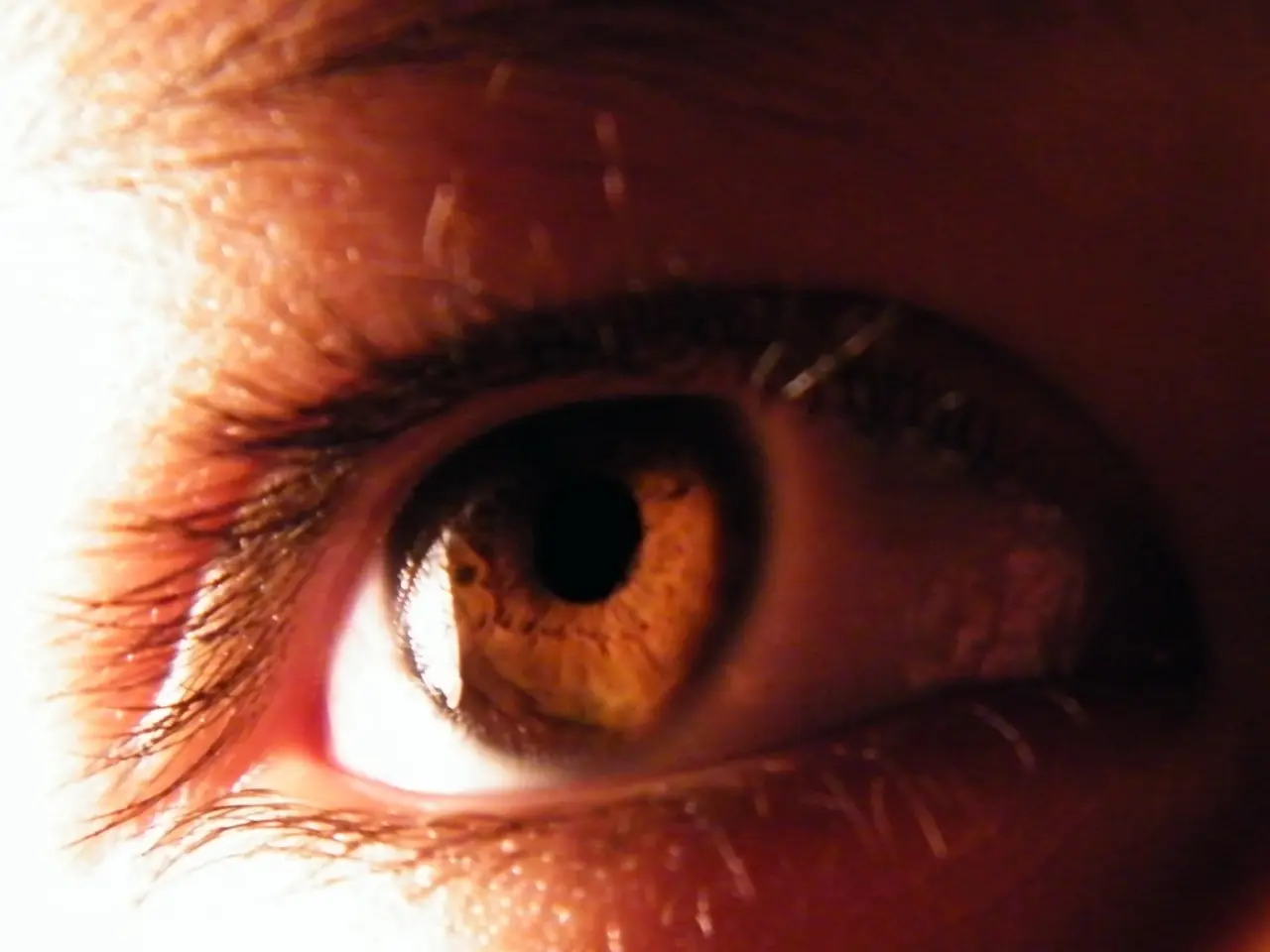Significant Progressive Step: A StepsForward Movement - "Substantial Funding for Rostock's Parent-Child Centre - Amounting to Millions"
Rostock is set to receive a significant boost in healthcare infrastructure with the planned construction of a parent-child center, following a 100 million euro investment. The center, which will operate at two locations - Südstadt Clinic and the Campus of the University Medicine Rostock (UMR) - is being hailed as a "lighthouse" for the Rostock region and Mecklenburg-Western Pomerania.
Negotiations for the establishment of the center have been lengthy and complex, but the project is now moving forward with potential start dates for construction work in South City within the next two years. The UMR, which currently treats 90% of cases in children's and youth medicine, will be responsible for the neonatology professorship, while the neonatology department in the Südstadt will receive a professorship for academic training in the future.
The parent-child center will focus on research, teaching, and care, and will work closely with general practitioners and other clinics, including via telemedicine. The center's primary aim is to provide comprehensive care for children and young people, with a special emphasis on premature babies under 1.200 grams, who will continue to be cared for at a Level-1 center in South City.
The investment is expected to bring several benefits. Advanced medical facilities, such as state-of-the-art equipment and specialized treatment rooms, could be installed to provide better care for premature babies and children. Parent-child spaces could be optimized to support family integration and bonding, while family-friendly amenities such as private rooms and play areas could be included to make the hospital stay more comfortable for families.
Integrated services between locations could streamline care processes, ensuring that patients receive comprehensive and coordinated care more efficiently. Enhanced coordination between medical teams could lead to better outcomes through more effective communication and collaboration. The investment might also support research in children's medicine, potentially leading to new treatments or innovations in premature baby care.
In addition to the parent-child center, other wings at the UMR will also undergo renovation. The obstetrics department, including the delivery room and maternity ward, will remain in the Südstadt, while a new building with an operating room is planned for the Südstadt to allow for on-site newborn surgeries.
Stefanie Drese, the Schwerin Minister of Health and a member of the SPD, expressed satisfaction with the planning of the parent-child center in Rostock. The Ministry of Science in Schwerin is responsible for the investments at the UMR site, while the Ministry of Health and the city will cover costs at the communal clinic site in South City.
This investment in Rostock's healthcare infrastructure is a testament to the city's commitment to providing high-quality, comprehensive care for its residents, particularly for children and premature babies. The new parent-child center is poised to become a beacon of excellence in children's medicine, research, and teaching, and will undoubtedly improve the lives of countless families in the region.
- The investment of €100 million into the parent-child center in EC countries like Germany, particularly Rostock, signifies a significant move towards a more advanced health and wellness sector, focusing on research, teaching, and care, especially for premature babies and children.
- The planned construction of the parent-child center in Rostock, collaborating with universities, general practitioners, and other medical facilities, will not only provide comprehensive care for children and young people but also foster innovation in children's medicine through scientific research, potentially leading to new treatments and improvements in healthcare policy.




